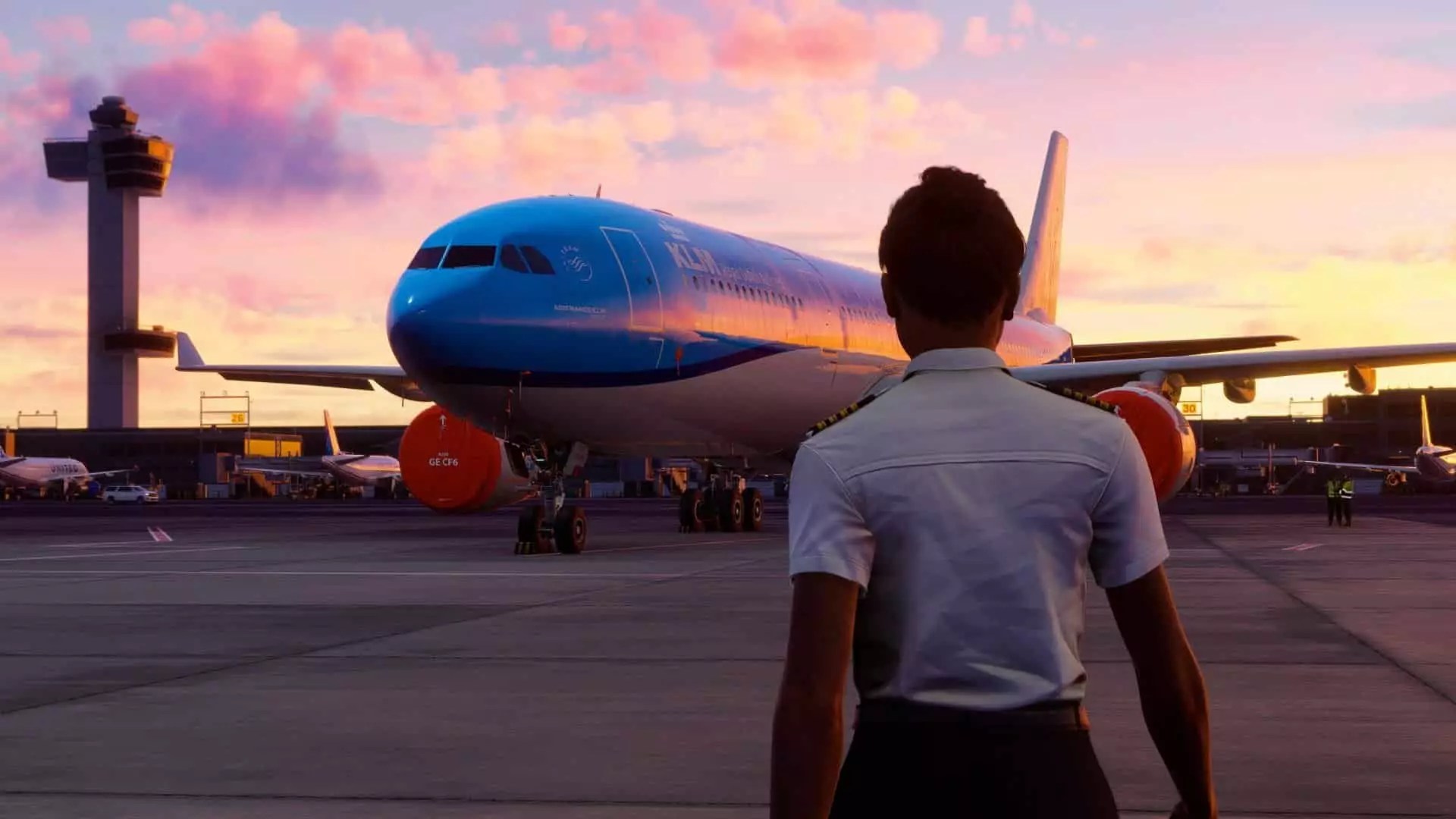The excitement surrounding the launch of Microsoft Flight Simulator 2024 quickly turned to frustration for many players. Following its release yesterday, numerous gamers reported being trapped in relentless loading screens, preventing them from experiencing the highly-anticipated title. On the popular gaming platform Steam, the game has amassed a “Mostly Negative” player rating, with numerous reviews articulating various issues that suggest the game is, at best, partially functional at launch. The immediate backlash underscores a significant miscalculation in both player expectation and server capability, raising questions about the game’s launch preparatory efforts.
Asobo Studio, the development team behind the Flight Simulator franchise, has publicly recognized the struggles faced by players. The studio’s CEO, Sebastian Wloch, provided insights into the situation during a swift developer update. Wloch admitted to a stark underestimation of player turnout on launch day. Despite conducting extensive load tests that simulated 200,000 simultaneous players, the reality proved much more demanding than their predictions. The excitement for Microsoft Flight Simulator 2024 had, in essence, overwhelmed their infrastructure. This critical miscalculation highlights a common pitfall faced by game developers—failure to anticipate the fervor of their community can lead to significant operational hiccups that tarnish initial player experiences.
The underlying issue revolves around the game’s new architecture, particularly in its career mode. Players, upon entering, request vital data from servers, which are supposed to cache this information. Wloch highlighted that the caching functionality currently struggles under the weight of demand—leading to the saturation of databases. This saturation results in extended loading times that do not align with player expectations. The robust systems envisioned for the game may falter when faced with actual player numbers, further amplifying user frustration. Asobo’s dual focus on creative features alongside logistical stability appears to have faltered at this critical juncture.
Jorg Neumann, Head of Microsoft Flight Simulator, also expressed the team’s understanding of the widespread discontent. His empathy toward frustrated players rings hollow, given the extent of the game’s launch failures. Should a new title fail at the foundational level of accessibility and playability, it risks creating a ripple effect of dissatisfaction among consumers. “We know a lot of people are frustrated,” Neumann stated. This acknowledgment validates player frustrations but also raises questions about the broader implications for the game’s future—will these initial hurdles tarnish the franchise’s long-standing reputation and community trust?
In the days following the tumultuous launch, Asobo Studio is engaged in rectifying the prevalent issues. The development team has implemented measures to throttle the number of players entering the game simultaneously—though these have only offered temporary relief. The ongoing efforts signal the studio’s recognition of the failure to meet player expectations and the real urgency of the situation. Asobo’s proactive approach might mitigate some of the early-player woes, yet it remains important for the studio to establish long-term solutions that can enhance server stability.
The launch of Microsoft Flight Simulator 2024 serves as a cautionary tale within the gaming industry, illustrating the potential pitfalls associated with underprepared infrastructures and overambitious expectations. While excitement for a new title is a natural phase of gaming culture, developers bear the responsibility of ensuring their systems are equipped to handle player influxes. Moving forward, Asobo Studio must not only resolve the immediate issues but also reinforce trust with its player base. The community stands poised for more than just a technical fix; they are looking for a seamless and immersive flight simulation experience that the Microsoft Flight Simulator series has promised. The road ahead remains laden with challenges, but with committed efforts, Asobo has the potential to regain player confidence while ensuring that Microsoft Flight Simulator 2024 becomes the game it was intended to be.


Leave a Reply